Healthy Living Tips for Women Over 50: Nourishing Your Body, Mind, and Soul
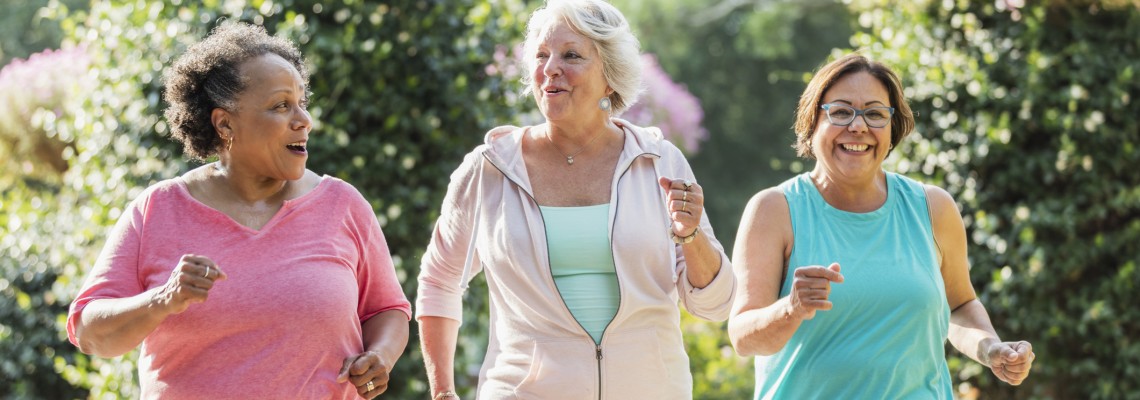
As we celebrate Mother's Day, we are reminded of the remarkable women who have nurtured us with love and care. At Subscribe Renew, one of the best gifts we can give our mothers is good health. We have compiled this article with healthy lifestyle tips for women over 50.
As women age, prioritizing their health and well-being becomes even more critical. With this in mind, we have structured this article to cover the most important aspects of a healthy lifestyle, including nutrition, exercise, and mental health. These tips will improve our readers' physical health and enhance their overall quality of life.
So sit back, relax, and take some time to read through this article with your mother or any remarkable woman in your life. Together, let's make this Mother's Day a celebration of health and wellness.
Importance of a Healthy Lifestyle for Women Over 50
As we age, our bodies undergo significant changes that can affect our overall health and well-being. For women over 50, prioritizing a healthy lifestyle becomes even more important. In this section, we will discuss the reasons why a healthy lifestyle is crucial for women over 50 and highlight the benefits of such a lifestyle.
Increased Risk of Certain Health Conditions
As we age, the risk of developing certain health conditions increases. Women over 50 are at a higher risk of developing chronic diseases such as heart disease, osteoporosis, and diabetes (CDC, 2021)
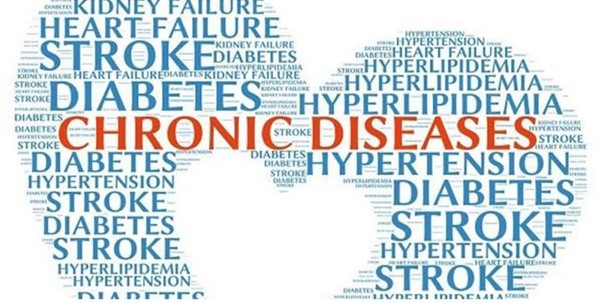
In addition, menopause can bring about hormonal changes that can lead to weight gain, hot flashes, and mood swings (Mayo Clinic, 2020). Women over 50 can reduce their risk of developing these health conditions by adopting a healthy lifestyle.
Benefits of a Healthy Lifestyle
A healthy lifestyle can provide numerous benefits for both physical and mental health. Regular exercise can improve cardiovascular health, strengthen bones, and reduce the risk of chronic diseases (CDC, 2021). In addition, a healthy diet can improve digestion, boost immunity, and provide essential nutrients for overall health (Harvard Health Publishing, 2021).
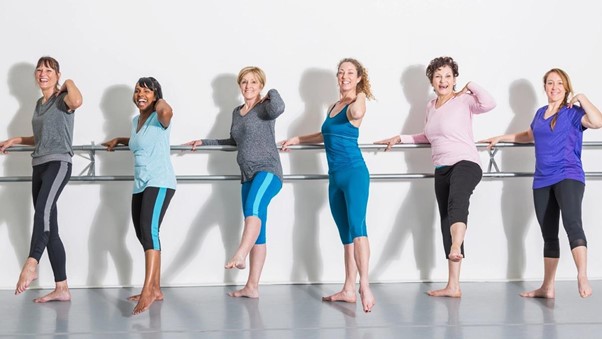
Mental health is also an essential aspect of overall well-being. Studies have shown that regular exercise can reduce the risk of depression and anxiety in older adults (Mammen & Faulkner, 2013). In addition, maintaining social connections and engaging in hobbies or activities can provide a sense of purpose and fulfillment (CDC, 2021).
According to the Centers for Disease Control and Prevention (CDC), chronic diseases account for 7 out of 10 deaths among Americans each year, and about 4 in 10 adults have two or more chronic conditions (CDC, 2021). However, adopting healthy lifestyle habits such as regular exercise and a healthy diet can reduce the risk of developing chronic diseases (CDC, 2021). In addition, a study published in the Journal of the American Medical Association found that women who followed a healthy lifestyle had a significantly lower risk of developing chronic diseases than those who did not (Li et al., 2020).
Nutrition Tips for Women Over 50
As women age, their nutritional needs change, making paying attention to their diet important. According to the National Institute on Aging, women over 50 need fewer calories but more of certain nutrients, including calcium, vitamin D, and fiber. Here are some nutrition tips that can help women over 50 stay healthy:
1. Meeting Nutritional Needs
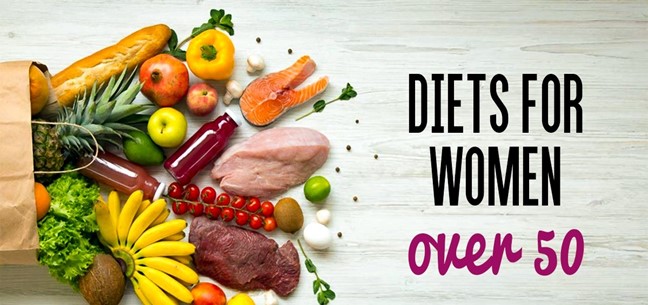
One way to ensure you get the proper nutrients is to eat a well-balanced diet with plenty of fruits, vegetables, whole grains, lean proteins, and low-fat dairy products. Some of the essential nutrients that women over 50 should focus on include:
● Calcium: Women over 50 need 1200 milligrams of calcium daily to maintain strong bones and prevent osteoporosis. Good sources of calcium include dairy products, leafy green vegetables, and fortified cereals.
● Vitamin D: Vitamin D is essential for calcium absorption and helps maintain a healthy immune system. Women over 50 need 600-800 IU of vitamin D per day and can get it through sunlight exposure or by eating fortified foods, fatty fish, or taking supplements.
● Fiber: Getting enough fiber is essential for maintaining healthy digestion and preventing chronic conditions such as heart disease and diabetes. Women over 50 should aim for 21 grams of fiber daily from whole grains, fruits, vegetables, and legumes.
2. Healthy Eating Strategies
Healthy eating can feel overwhelming, but some strategies can make it more manageable and enjoyable:
● Meal Planning: Planning your meals ahead of time can help you stay on track with healthy eating. Make a weekly meal plan and grocery list to save time and money.
● Trying New Recipes: Experimenting with new recipes can help keep meals interesting and prevent boredom with healthy eating. Look for healthy recipe ideas online or in cookbooks.
● Limiting Processed Foods: Processed foods are high in salt, sugar, and unhealthy fats and can contribute to chronic health conditions. Limit your processed food intake and focus on whole, nutrient-dense foods instead.
3. Preventing Chronic Health Conditions
A healthy diet can help prevent chronic conditions that are more common in women over 50. For example:
● Osteoporosis: Getting enough calcium and vitamin D can help maintain strong bones and prevent osteoporosis. In addition, weight-bearing exercise can help build and maintain bone density.
● Heart Disease: A diet rich in fruits, vegetables, whole grains, and lean proteins can help prevent heart disease. Limiting sodium and saturated fat intake can lower the risk of high blood pressure and cholesterol.
Exercise and Physical Activity for Women Over 50
Regular exercise and physical activity are essential for maintaining a healthy lifestyle, especially for women over 50. Exercise can help manage weight, reduce the risk of chronic diseases, and improve mental health and overall well-being (National Institute on Aging, 2021). Here are some tips for incorporating exercise and physical activity into your daily routine:
Types of Exercise
Many types of exercises are safe and effective for women over 50. Some low-impact exercises include walking, swimming, cycling, yoga, and strength training. These exercises improve cardiovascular health, muscle strength, and flexibility. Strength training can also help prevent age-related muscle loss and maintain bone density. (National Institute of Aging, 2021).
Incorporating Physical Activity
Incorporating more physical activity into your daily routine can be easy and enjoyable. Try taking a walk during your lunch break or after dinner, taking the stairs instead of the elevator, or parking farther away from your destination to get some extra steps in. It is also recommended to aim for at least 150 minutes of moderate-intensity aerobic activity per week (National Institute on Aging, 2021).
Exercise Safety
As we age, joint pain and injury can become more common. It is important to exercise safely and effectively to prevent injury. Always consult a healthcare provider before starting a new exercise routine, especially if you have a medical condition or have been inactive for a long time. Start slowly and gradually increase intensity and duration. Listen to your body and modify necessary exercises (Mayo Clinic, 2021).
Mental Health and Self-Care for Women Over 50
Mental health and self-care are important aspects of overall health and well-being, especially for women over 50 who may face new challenges and transitions. Research has shown that older women are at an increased risk for depression and anxiety, which can harm physical health and quality of life (Blazer et al., 2015). This section will discuss the importance of mental health and self-care for women over 50 and provide practical tips and resources for prioritizing these areas in daily life.
Importance of Mental Health and Self-Care
Importance of Mental Health and Self-Care
Mental health is critical to overall health and well-being at any age, but it becomes even more important as we age. Women over 50 may face various mental health challenges, including retirement, caregiving for aging parents, and health issues. Taking care of mental and emotional health can help improve physical fitness, boost mood, and increase resilience in life's challenges.
Self-care activities can help promote mental and emotional well-being by providing opportunities for relaxation, stress reduction, and personal growth. Some everyday self-care activities for women over 50 include meditation, journaling, time in nature, and connecting with loved ones.
Self-care activities can help promote mental and emotional well-being by providing opportunities for relaxation, stress reduction, and personal growth. Some everyday self-care activities for women over 50 include meditation, journaling, time in nature, and connecting with loved ones.
Prioritizing Self-Care
While self-care is essential for everyone, it can be incredibly challenging for women over 50 with caregiving responsibilities or other commitments that take up their time and energy. However, making time for self-care is essential for promoting overall health and well-being.

One way to prioritize self-care is to schedule it into daily routines. This can mean setting aside a specific time each day for a self-care activity or finding small ways to incorporate self-care into daily tasks. For example, taking a few minutes to practice deep breathing while waiting in line at the grocery store can be a simple but effective way to promote relaxation and reduce stress.

One way to prioritize self-care is to schedule it into daily routines. This can mean setting aside a specific time each day for a self-care activity or finding small ways to incorporate self-care into daily tasks. For example, taking a few minutes to practice deep breathing while waiting in line at the grocery store can be a simple but effective way to promote relaxation and reduce stress.
Seeking Help
While self-care activities can be beneficial, it's important to recognize when professional help may be needed. If depression or anxiety persists, seeking a mental health professional for support may be helpful. Many resources are available for mental health support, including therapists, support groups, and hotlines.
Mental health and self-care are important aspects of overall health and well-being for women over 50. By prioritizing self-care activities and seeking help, women can improve their mental and emotional well-being, boost their mood, and increase resilience in life's challenges.
Mental health and self-care are important aspects of overall health and well-being for women over 50. By prioritizing self-care activities and seeking help, women can improve their mental and emotional well-being, boost their mood, and increase resilience in life's challenges.
Conclusion
In conclusion, caring for your health and well-being is crucial, especially for women over 50. We've discussed the importance of a healthy lifestyle, including nutrition, exercise, and mental health. By making small changes in our daily routine, such as incorporating more fruits and vegetables, taking a daily walk, and practicing self-care, we can improve our physical and mental health and overall quality of life.
As we celebrate Mother's Day today, let's commit to prioritizing our health and wellness. Let's take the first step towards a healthier lifestyle today. Remember, there is always time to start! Remember to subscribe to our magazine for more health and wellness content.
As we celebrate Mother's Day today, let's commit to prioritizing our health and wellness. Let's take the first step towards a healthier lifestyle today. Remember, there is always time to start! Remember to subscribe to our magazine for more health and wellness content.
References
- Centers for Disease Control and Prevention. (2021). Healthy Aging https://www.cdc.gov/aging/index.html
- Harvard Health Publishing. (2021). The importance of a healthy diet as you age. https://www.health.harvard.edu/staying-healthy/the-importance-of-a-healthy-diet-as-you-age
- Li, Y., Schoufour, J., Wang, D. D., Dhana, K., Pan, A., Liu, X., … Hu, F. B. (2020). Healthy lifestyle and life expectancy free of cancer, cardiovascular disease, and type 2 diabetes: prospective cohort study. Journal of the American Medical Association, 319(23), 2371–2381. https://doi.org/10.1001/jama.2019.21825
- Mammen, G., & Faulkner, G. (2013). Physical activity and the prevention of depression: A systematic review of prospective studies. American Journal of Preventive Medicine, 45(5), 649-657. https://doi.org/10.1016/j.amepre.2013.08.001
- Mayo Clinic. (2020). Menopause. https://www.mayoclinic.org/diseases-conditions/menopause/symptoms-causes/syc-20353397
- National Institute on Aging. (2021). Healthy Eating after 50. Retrieved from https://www.nia.nih.gov/health/healthy-eating-after-50
- Harvard Health Publishing. (2019). The Best Foods for Women at Every Age. Retrieved from https://www.health.harvard.edu/womens-health/the-best-foods-for-women-at-every-age
- Mayo Clinic. (2021). Fitness tips for menopause: Why fitness counts. https://www.mayoclinic.org/healthy-lifestyle/womens-health/in-depth/fitness-tips-for-menopause/art-20044602
- National Institute on Aging. (2021). Exercise and physical activity: Your everyday guide from the National Institute on Aging. https://www.nia.nih.gov/health/exercise-physical-activity
- Blazer, D. G., Cerda, G., Hughes, D. C., & George, L. K. (2015). Depression in late life: a summary of the evidence and implications for recognition and management. The American Journal of Geriatric Psychiatry, 23(11), 1149-1156. https://doi.org/10.1016/j.jagp.2015.05.006
References
- Centers for Disease Control and Prevention. (2021). Healthy Aging https://www.cdc.gov/aging/index.html
- Harvard Health Publishing. (2021). The importance of a healthy diet as you age. https://www.health.harvard.edu/staying-healthy/the-importance-of-a-healthy-diet-as-you-age
- Li, Y., Schoufour, J., Wang, D. D., Dhana, K., Pan, A., Liu, X., … Hu, F. B. (2020). Healthy lifestyle and life expectancy free of cancer, cardiovascular disease, and type 2 diabetes: prospective cohort study. Journal of the American Medical Association, 319(23), 2371–2381. https://doi.org/10.1001/jama.2019.21825
- Mammen, G., & Faulkner, G. (2013). Physical activity and the prevention of depression: A systematic review of prospective studies. American Journal of Preventive Medicine, 45(5), 649-657. https://doi.org/10.1016/j.amepre.2013.08.001
- Mayo Clinic. (2020). Menopause. https://www.mayoclinic.org/diseases-conditions/menopause/symptoms-causes/syc-20353397
- National Institute on Aging. (2021). Healthy Eating after 50. Retrieved from https://www.nia.nih.gov/health/healthy-eating-after-50
- Harvard Health Publishing. (2019). The Best Foods for Women at Every Age. Retrieved from https://www.health.harvard.edu/womens-health/the-best-foods-for-women-at-every-age
- Mayo Clinic. (2021). Fitness tips for menopause: Why fitness counts. https://www.mayoclinic.org/healthy-lifestyle/womens-health/in-depth/fitness-tips-for-menopause/art-20044602
- National Institute on Aging. (2021). Exercise and physical activity: Your everyday guide from the National Institute on Aging. https://www.nia.nih.gov/health/exercise-physical-activity
- Blazer, D. G., Cerda, G., Hughes, D. C., & George, L. K. (2015). Depression in late life: a summary of the evidence and implications for recognition and management. The American Journal of Geriatric Psychiatry, 23(11), 1149-1156. https://doi.org/10.1016/j.jagp.2015.05.006
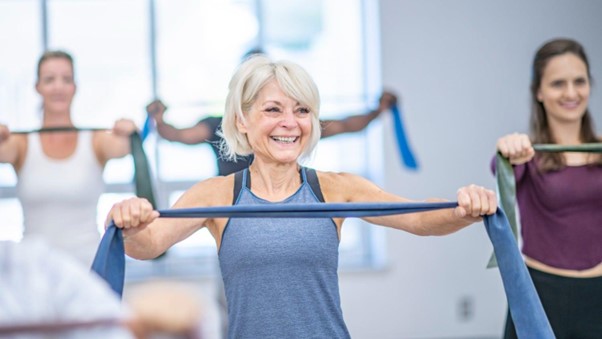
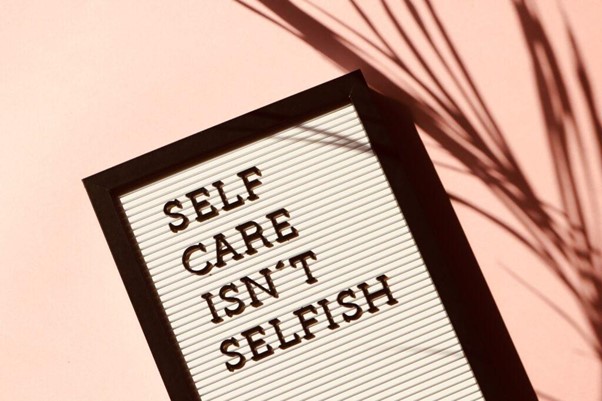


Leave a Comment